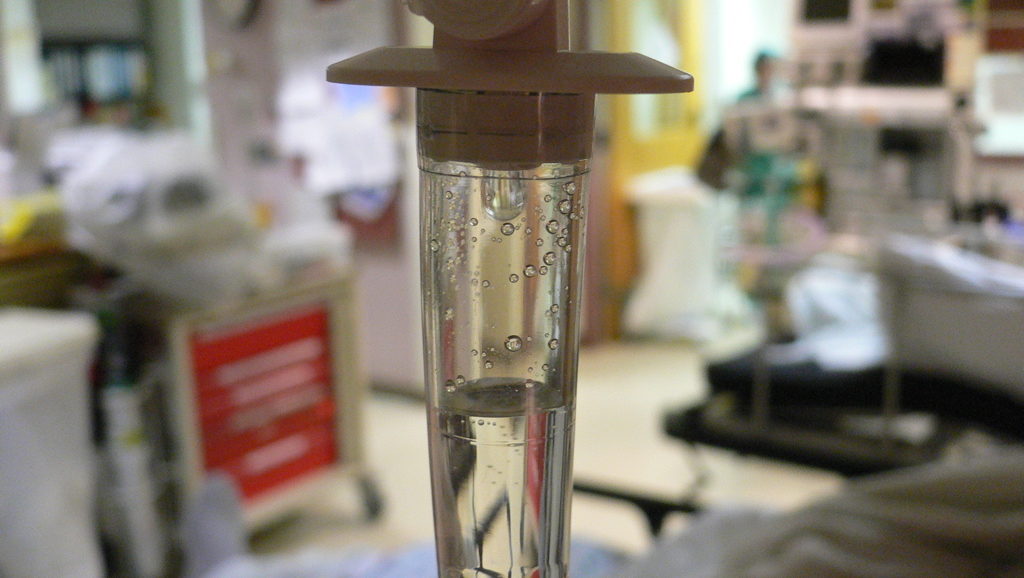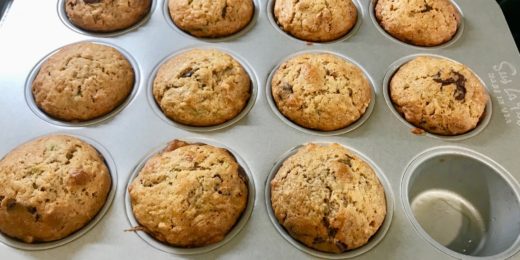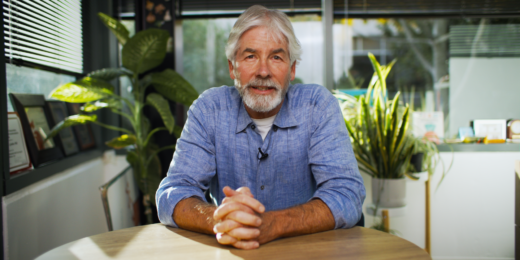First times are hard to forget.
They make for great stories -- nostalgic and self-deprecating reminders of who we were before we became who we are now. Medical school is the setting for many first times; stories of jittery first blood draws, or students nodding along to heart sounds that they didn't actually hear, are ubiquitous. However, I wish we would more directly address the mistakes that can happen in these first times.
I have just stepped out of my second procedures shift in the emergency department, where I have the opportunity to practice skills like placing IVs, doing electrocardiograms and placing sutures on patients with real medical issues ranging from shortness of breath to hemorrhage. I've attended a formal training session and then conducted these procedures on several patients, but every new patient still feels like the first time for me.
I wear a false cloak of confidence each time I introduce myself as a medical student, and politely ask if a patient is willing to let me perform the procedure on them -- earlier today, it was an IV. I used small talk as a distraction from the sharp needle I was about to puncture into the patient's arm -- a distraction that worked well for both of us and further masked my inexperience.
As I drove the needle forward, I was well aware of the gamble I took -- I had no clue if there would be a flash of blood to indicate I was where I needed to be. While the anxiety burned my fingertips, I continued to coax the patient through this procedure, managing to compose a steadiness in my voice that I wished would exist everywhere else.
I found a vein -- but sometimes I don't. I always make eye contact with a nearby nurse, letting the panic settle in my eyes. They confirm my successes with a slight nod or my failures with a swift take-over. I avoid eye contact with the patients, hoping they'll continue to be blind to my unease.
Perhaps that is the true skill I am learning to hone during these shifts -- "fake it 'til you make it," as they say. This makes me uncomfortable. I want the patient to trust me and believe that I know what I am doing, but do they deserve to know that I don't actually feel this way?
I am lucky that the patients I have worked with have been so encouraging of my learning process and understanding of my imperfections. I remember one patient waving off his concerned son after I could not get my IV in on the first try: "Let her learn. I feel fine!" he said, before giving me the thumbs up to try again. But I know that not every patient will be so forgiving.
The idea of "practicing" on real patients is discomforting. When I make mistakes, the patients will have to deal with the repercussions -- a bruise from a failed blood draw or an uneven scar from an imperfect suture. This lingering guilt makes the failure that much more formidable for me. It is difficult to place my learning above a patient's need for the best care possible; and when I ask nurses if I can perform a procedure rather than them, I feel as if I am robbing a patient of that care.
I realize that as a medical student I will one day be responsible for patients as a full-fledged doctor, with few people above me on the ladder of support to call for help. These moments of uncertainty that I traverse through now are my investment into my ability to care for patients in the future; I am asking the patients I see today to make that investment in me as well.
Their investment is an act of altruism that they may not even be aware of. I wish I could repay their faith in my future self, but I can't. With each of these acts of altruism, though, I find the vein a little quicker, and hold the needle a little more steadily.
One day, it will stop feeling like the first time.
Stanford Medicine Unplugged is a forum for students to chronicle their experiences in medical school. The student-penned entries appear on Scope once a week during the academic year; the entire blog series can be found in the Stanford Medicine Unplugged category.
Tasnim Ahmed is a second-year medical student from Bangladesh and Queens, New York. She has a background in cognitive neuroscience and education. Her interests include global health, women's health, and embroidery (for her own health).
Photo by josh






